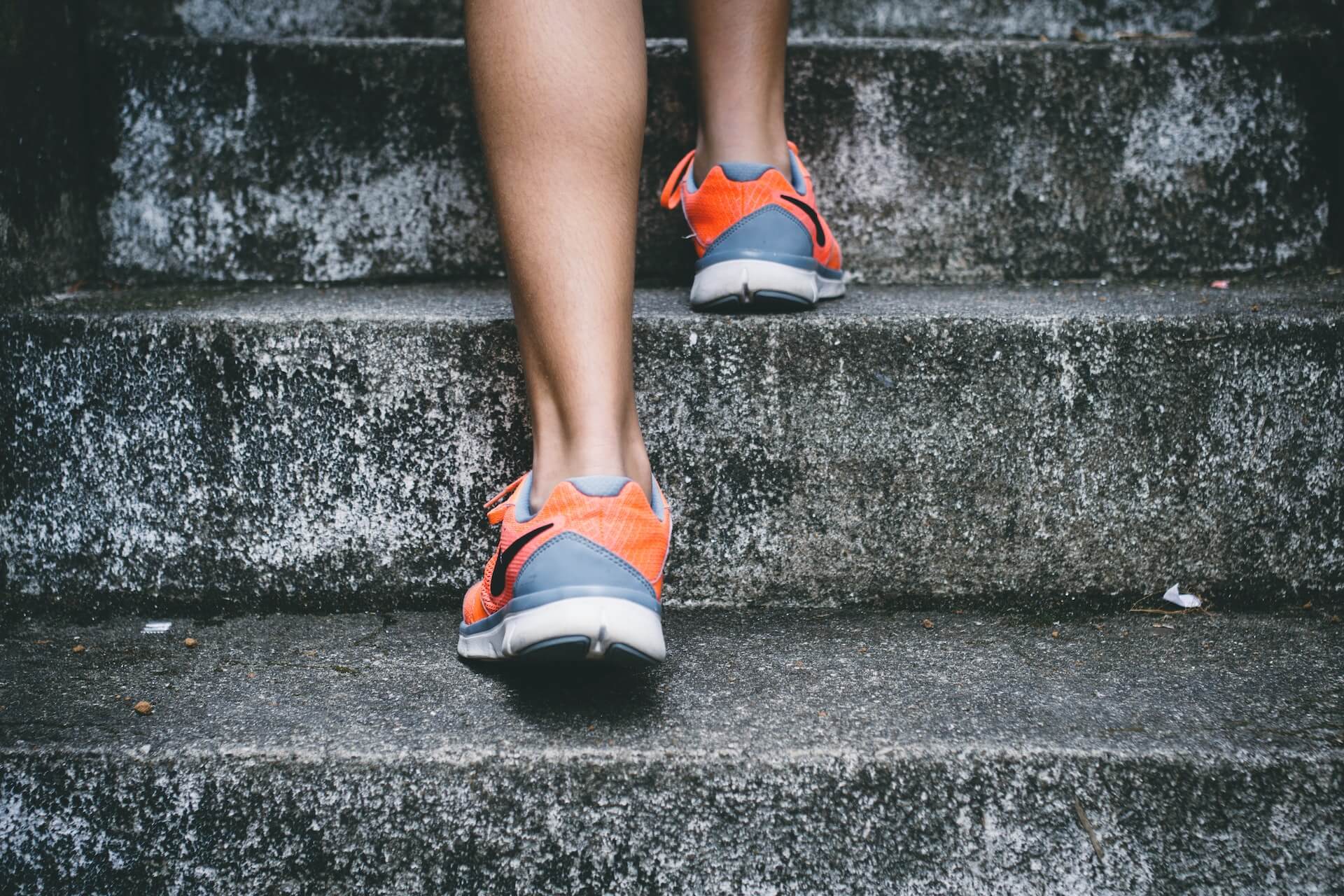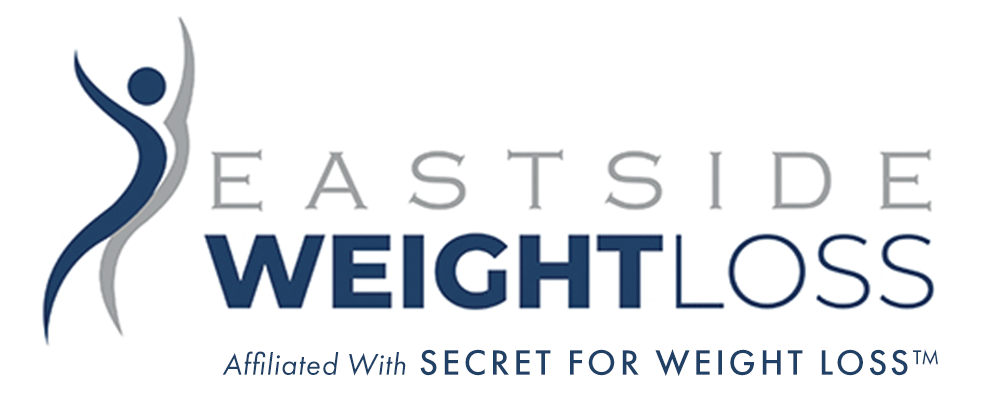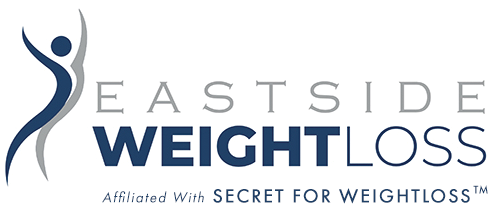Do I Need to Exercise to Lose Weight?

Do I Need to Exercise to Lose Weight?
Are you looking to shed off that extra weight and wondering if you must start lifting weights to achieve your goal? Perhaps you don’t even enjoy getting all sweaty, and gyms intimidate you. Well, today, we are going to find out if you really need to exercise to lose that extra weight.
Weight Loss
Weight is the balance between the calories you eat and the calories you burn. People lose weight when they burn more calories than they take in and gain weight if they eat more calories than they can burn off.
Exercise and Weight Loss
The biggest problem with exercising to lose weight is that it turns physical activity into punishment—a price we have to pay to get a slimmer body. Have you heard people severally say, “I’ll need to do extra exercise” after eating too much during the holidays or at a celebratory dinner? We treat exercise as a form of self-punishment for doing something terrible.
For example, you burn 400 to 500 calories per workout session on five or more days a week. This means that a person has to take a 90-minute brisk walk or take 30 minutes running 8-minute miles. So, exercise requires people to go beyond their limits or do more than they are willing to do. Additionally, as our level of physical activity increases, our level of appetite also increases. An increased appetite means taking in many calories, and this confuses the body. Are we losing weight or gaining? This is the thing about exercising for weight loss; the results are negligible for the work we put in.
What motivates your weight-loss goals? Is it connected to health in any way? Do you want to take care of your heart, stick around for your grandkids, or improve your mood? Exercise has so many health benefits regardless of how much you weigh or how you look. Do not let weight loss be the reason you exercise; make it about taking care of yourself. This way, you are more likely to enjoy exercise more and have fun while at it.
Other benefits of exercise include:
- It improves mental health
- Supports stronger bones
- It helps to build and retain muscle
- Supports cardiovascular health
- Reduces the risk of falling by improving balance and coordination
- Improve sleep
Diet and Weight Loss
So, what does diet have to do with weight loss? As we discussed earlier, people gain weight if they take in more calories than they can burn off, and lose weight if they take in fewer calories than they can use. So it all comes down to what we eat, although factors such as sleep, stress, and genetics affect our weight.
If you have a poor diet full of fatty, unprocessed foods that are short on nutrition, you are not doing your weight any justice. Therefore, you want to be very careful about what you put in your body. And a great way to do this is to get a meal plan that helps you really see what you are putting into your body. A meal plan typically contains healthy foods like leafy greens, healthy fats, and lean meats. These are the type of foods that will help you take in lower calories and make you fuller.
Many people fall into the trap of just dieting to lose weight, which is effective in the short term but not good for the long haul. If the diet you are trying is not enjoyable or sustainable, you will likely have a fluctuating weight because you will be dipping in and out of the same diet plan to lose weight. For this reason, you might want to enroll in a weight loss program solely focused on a diet like the Kirkland weight loss program. You can trust that with a weight loss program focused on diet, you will get long-term results and interesting foods.
Some healthy foods to help in weight loss include:
Protein
Proteins help preserve your health and muscle mass while losing weight. Eating adequate protein can help improve cardiometabolic risk factors, appetite, and body weight. Averagely, males need about 56-91 grams per day, and females need 46-75 grams per day. Meat, eggs, plant-based proteins, and fish are the healthiest sources of protein.
Vegetables
Leafy green vegetables are packed with nutrients, and you can eat large amounts without significantly increasing calories and carbs. Most vegetables are rich in nutrients and are healthy foods to include in your diet. Kales, broccoli, cauliflower, cabbage, and spinach are some leafy vegetables you can add to your diet.
Healthy fats
Your body requires healthy fats. Olive oil and avocado oil are great choices for your diet plan. Nuts, seeds, olives, and avocados are healthy additions. Butter and coconut oil should be used only in moderation because they have a higher saturated fat content.
So, is it diet or exercise?
Diet is more effective for weight loss than exercise. As we have seen, exercise works best if you are mainly focusing on taking care of your body and making it stronger. Diet, on the other hand, is more directly linked to weight because what we eat is what determines our weight. So, exercise will be much more effective once you get your dream body to keep the weight off. So, both diet and exercise are essential. Diet is more important for losing weight and physical activity to keep it off. But it can be good to focus on diet and exercise simultaneously.
In conclusion, you don’t really have to exercise to lose weight. Diet is the greatest tool you can use to lose weight. At Eastside Weight Loss Clinic, we firmly believe this, and we have designed a weight loss program that does not require exercise. We create a meal plan that meets your specific needs and resets your metabolism. Our clients have experienced real success from our program. You start seeing results after 60 days. Contact us today and get started on your weight loss journey.

